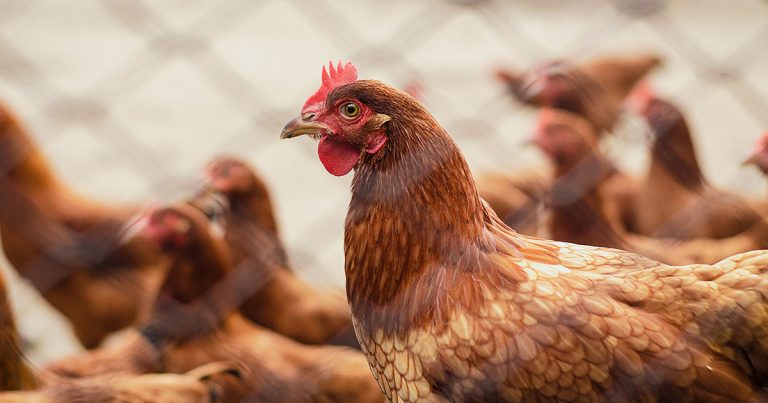14-10-2023 (KUALA LUMPUR) Prime Minister Anwar Ibrahim made a significant announcement on Friday, revealing the government’s decision to lift price controls on chicken and eggs. Simultaneously, he unveiled plans to increase funding for the agricultural industry as part of a comprehensive effort to fortify food security.
In his budget speech for 2024, Datuk Seri Anwar stated, “Since February 2022, the government has allocated RM3.8 billion (S$1.1 billion) towards chicken and egg subsidies. These temporary subsidies were initially implemented to rein in the surging prices of chicken and eggs and mitigate shortages.”
He further elaborated, “Current market trends indicate that prices of chicken and eggs are beginning to stabilize and have fallen below the previously imposed ceiling prices. Consequently, these price controls will be lifted, enabling the local market to operate freely and ensure an ample supply of these essential commodities.”
The Malaysian populace had grappled with supply shortages and escalating costs of vital food staples, including chicken, eggs, rice, and cooking oil, since early 2022. This crisis was partly attributed to the Ukraine war’s disruption of global shipments of wheat and corn, key ingredients in chicken feed.
Economists and industry experts had persistently urged the Malaysian government to remove subsidies on chicken and eggs, permitting market forces to dictate prices, which in turn would secure a consistent supply.
Economist Nungsari Ahmad Radhi emphasized the importance of this shift, stating, “Fixing prices below production costs may result in reduced production, leading to shortages.”
Nevertheless, there remains a degree of concern that the removal of price controls may lead to prices surging beyond the means of the average household, given that chicken and eggs typically constitute the most affordable sources of protein.
A 53-year-old housewife who wished to be identified as Lena conveyed her apprehension, saying, “What are we supposed to eat then? Fish and beef are already expensive.”
Prime Minister Anwar, who also holds the Finance Minister portfolio, assured that the specific details of the removal of price controls on poultry and eggs would be disclosed by the Agriculture and Food Security Ministry within the next two weeks.
In tandem with these measures aimed at bolstering food security, Prime Minister Anwar unveiled the government’s intention to allocate RM2.6 billion for subsidies and incentives to support farmers and fishermen, marking an increase of RM600 million from the previous year.
To further fortify food security, RM3 billion will be directed toward the modernization of irrigation infrastructure and the enhancement of padi (rice) production, with the objective of reducing reliance on rice imports. Additionally, authorities are exploring strategies to elevate rice production to five seasons within a two-year period in selected states, including Perak, Perlis, and Kedah.
Presently, Malaysia’s padi output is predicated on two seasons per year, amounting to four times within two years, which only meets 70% of domestic consumption. The government annually expends over RM1 billion on rice imports to compensate for this deficit.
Prime Minister Anwar also announced an allocation of RM50 million to provide 50,000 rice farmers with bio- and organic fertilizers to enhance soil fertility. Furthermore, RM400 million will be earmarked for a food security program focused on augmenting the production of local food crops.
Nonetheless, the effectiveness of these measures remains contingent on multiple factors, with technology playing a pivotal role in the success of the agenda. Dr. Nungsari emphasized that addressing challenges in soil, seeds, agro-engineering, and fostering a skilled workforce will be integral in this pursuit.




